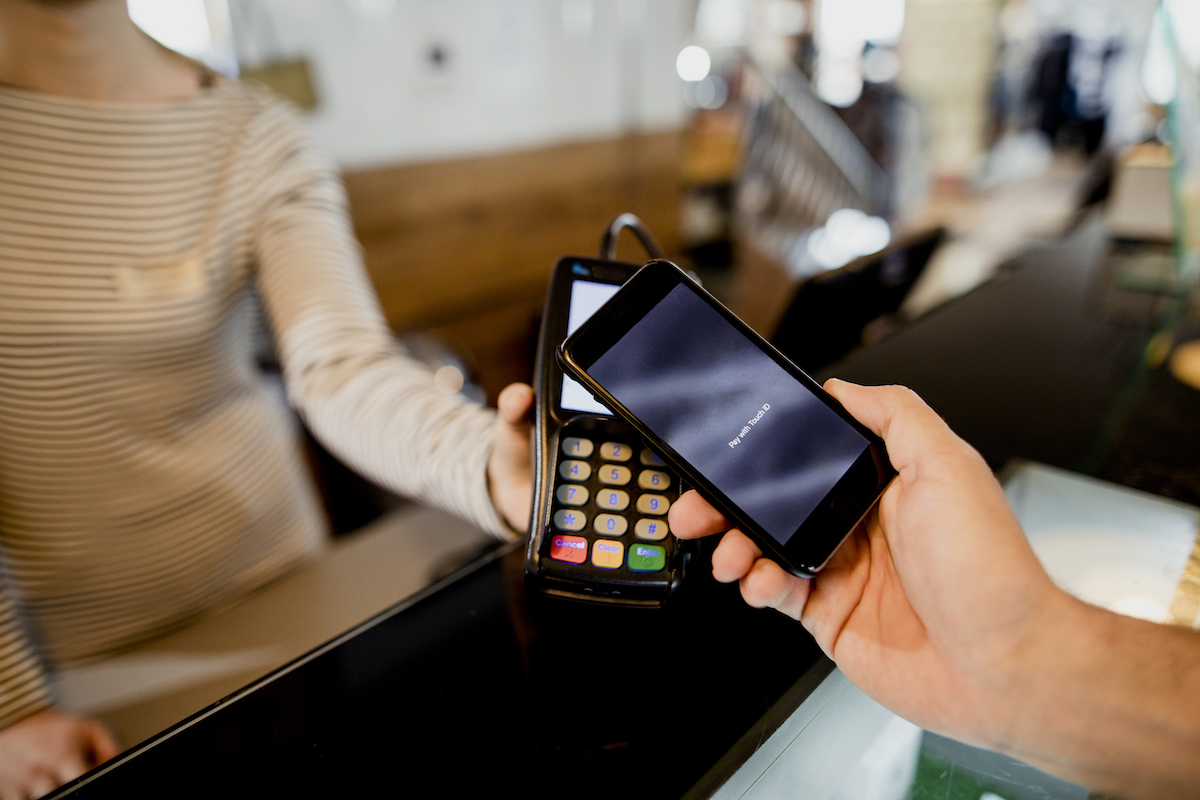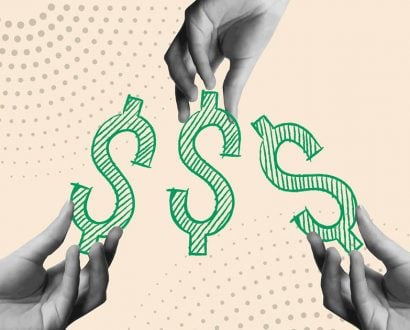The idea of a cashless economy has been around in one form or another since the early days of the internet, but it’s only now that it is starting to become a reality. In Europe, it is Sweden that leads the way, with cash accounting for just 2% of the value of all payments in 2017, according to the country’s central bank. Other Nordic nations are also advanced in this area; research by Denmark’s central bank suggests 23% of the volume – and 16% of the value – of point-of-sale transactions are settled in cash, compared with figures of 79–54% for the eurozone as a whole.
“This shift towards cashless spending is largely powered by the fintech industry, which has been a hugely disruptive and positive force in changing the payments industry across the globe,” says Sebastian Siemiatkowski, Co-founder and CEO of Swedish unicorn fintech firm Klarna. “Consumer demand for simpler and quicker payments has played an influential role in the cashless revolution, with the rise of a number of successful mobile and online solutions facilitating the smooth transition from cash to digital payments.”
2%: The value of all payments made in cash in Sweden in 2017.
81%: The proportion of European customers who say they are concerned about fraud in a cashless economy.
Much of this is due to the use of mobile phones as payment devices, which has helped to give consumers the confidence not to carry cash or, increasingly, cards. “This trend is set to continue as consumers become increasingly comfortable with the associated technologies,” says Angus Burrell, General Manager UK at AltaPay.
“Apple’s introduction of Touch ID, and most recently Face ID to the iPhone, has familiarised users with biometrics and, as a result, many people are willing to authorise transactions in this manner.”
In the near future, other options will also be available, believes Ian Bradbury, Chief Technical Officer, financial services, at Fujitsu UK and Ireland. “Fitbit, the exercise tracker, has launched Fitbit Pay, with a payment chip being embedded in an exercise band; Garmin has announced a partnership with Visa, which will allow wearers of its smartwatch to make payments; and DS Automobiles, part of the Peugeot–Citroen group, is working with Barclaycard to embed a payment chip in car keys,” he says.
Dr Ruth Goodwin-Groen, Managing Director of the UN-based Better Than Cash Alliance, says there are also moves to encourage businesses to make use of digital payments, led by global brands such as H&M and Unilever. “The digitisation of corporate supply chain payments has the potential to deliver major business benefits, including reducing administrative costs, increasing transparency and security, and improving productivity,” she says.
“The digitisation of corporate supply chain payments has the potential to deliver major business benefits.” – Dr Ruth Goodwin-Groen, Better Than Cash Alliance
Yet not all countries are as advanced as the Nordic ones; in Japan, for instance, cash accounted for 62% of consumer transactions by value, according to Euromonitor, while the UK had to backtrack on plans to scrap lower-value 1p and 2p coins.
“This shift towards an entirely cashless economy is clearly happening, but not as quickly as many had hoped,” says Rahul Shah, Senior Vice President, global delivery and customer success, at Applause. “The industry grossly underestimated the cultural and emotional ties consumers have to their wallets, whether that’s paper cash, coins or credit cards.”
The crypto-factor
In the next few years, the payments landscape could be transformed again, this time by the use of cryptocurrencies, such as Bitcoin, Litecoin or Dogecoin.
“The beauty of cryptocurrencies is that they are for all people; they do not belong to any one country, so facilitate open and global transactions,” says Susanne Brønnum, CEO of Smart Payments, founded by Danish digital payments company Nets. In time, this could even see the value of existing currencies deflate if there is sufficient demand for new forms, she adds.
Peter Caparso, President, North America, at Checkout.com, believes cryptocurrencies are currently too volatile for traditional businesses to consider using, although that could change. “Their use may increase if they find a way to peg their value to something more concrete,” he says. “We may see specific cryptocurrencies being produced by large institutions such as retailers, businesses or even banks which use that business as the guarantor.”
He believes the onus is on payment providers to come up with propositions that are so compelling it makes sense to move away from traditional methods.
Another issue is that of payments fraud; a recent ‘Connected Consumer’ report from Osborne Clarke revealed 81% of European customers worry about fraud in a cashless economy, and 80% fear the prospect of a security breach.
Ensuring their own systems and processes are resilient enough to cope with any potential payments fraud should be a priority for CEOs, says Burrell. “An important step that needs to be taken to mitigate risk will be to ensure that payments systems are fully integrated into accounting platforms at the very least. This way, businesses can keep a close eye on the transactions that are being processed and authorised, allowing them to stay a step ahead of any fraudulent activity.”
For CEOs working in the retail sector, a move towards electronic payments has obvious advantages. “Going cashless means that the customer journey has the potential of becoming smoother and faster,” says Dr Gavin Scruby, CIO at SmartDebit. “If successful, more companies will develop their physical stores in the way that Amazon is already experimenting with Amazon Go, a cashless store that has no tills.”







